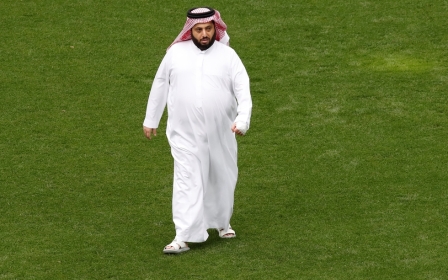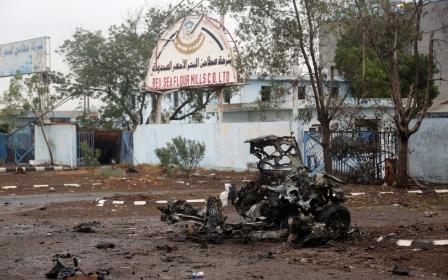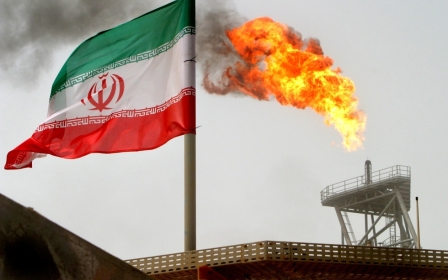Saudi Arabia rejects Trump request to hike oil output
Supply to the global oil market remains "satisfactory," Saudi Arabia's energy minister Khalid al-Falih said on Sunday, after calls by US President Donald Trump for an immediate hike in output to reduce prices.
But Falih - attending a meeting of oil producers in Algiers - left the way open to a future production hike, as supplies tighten due to the US imposing sanctions on Iranian oil from November this year.
"While the supply/demand balance remains satisfactory we continue to watch closely... and we'll respond appropriately and in a timely manner as necessary," said Falih, who chairs a joint committee of OPEC and non-OPEC countries.
"It is critical that we continue to foresee and anticipate changing market supply and demand balances and take proactive actions to avoid conditions that could make (oil) consumers uneasy and anxious," he added.
The OPEC cartel in December 2016 concluded an agreement with non-member states - including Russia - to reduce output in order to arrest sliding prices.
Sunday's meeting in Algiers brought together OPEC oil ministers and non-OPEC signatories to the 2016 agreement as they seek to extend their cooperation.
Trump has repeatedly called for a hike in production by countries other than Iran to reduce oil prices, which have partially recovered since the December 2016 agreement, to trade close to $80 per barrel this month.
"We protect the countries of the Middle East, they would not be safe for very long without us, and yet they continue to push for higher and higher oil prices!" Trump tweeted on Thursday.
"We will remember. The OPEC monopoly must get prices down now!"
Russia's energy minister Alexander Novak on Sunday appeared to back a continuation of the partnership between OPEC and non-OPEC member states.
"We need to give serious thought to expand our partnership beyond this year to tackling the new challenges that appear ahead of us," he said.
In late July, Saudi officials said their country's state oil company is not ready to be publicly listed, casting doubts over whether much-lauded plans at the heart of Saudi Arabia's economic reforms will go ahead at all.
Middle East Eye propose une couverture et une analyse indépendantes et incomparables du Moyen-Orient, de l’Afrique du Nord et d’autres régions du monde. Pour en savoir plus sur la reprise de ce contenu et les frais qui s’appliquent, veuillez remplir ce formulaire [en anglais]. Pour en savoir plus sur MEE, cliquez ici [en anglais].




